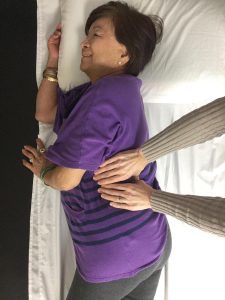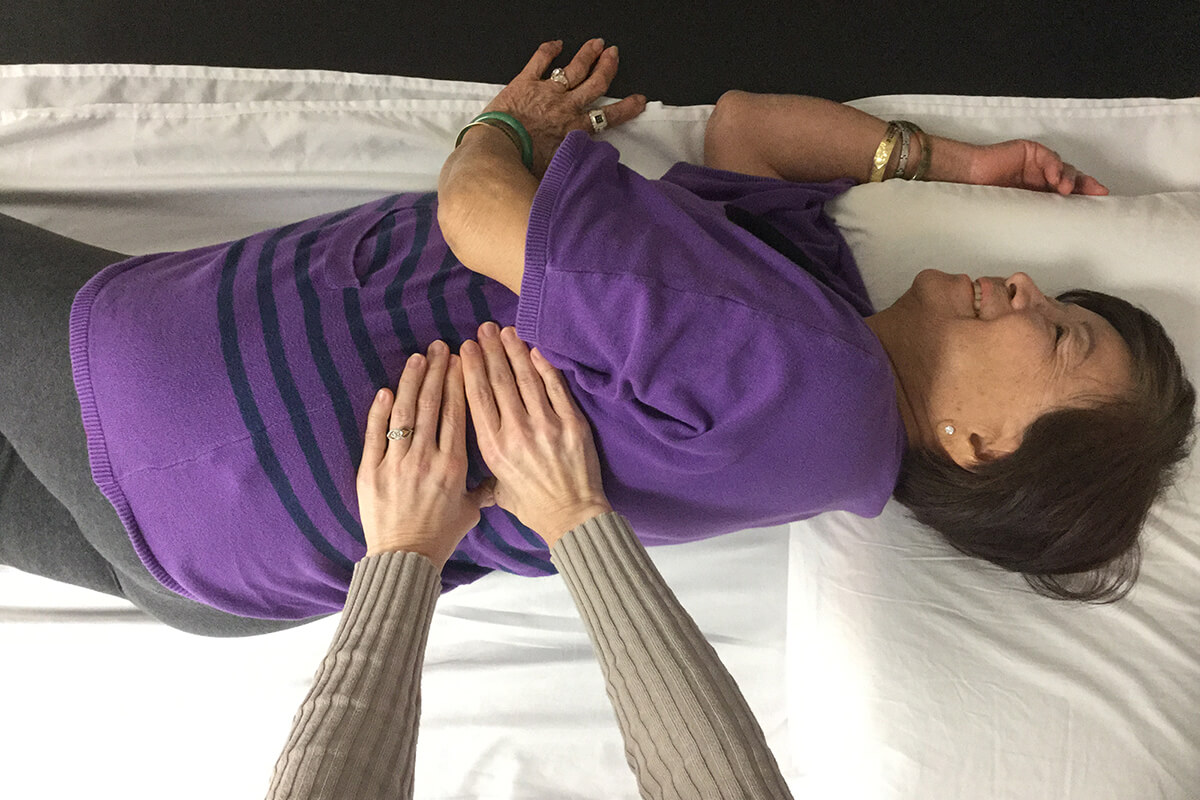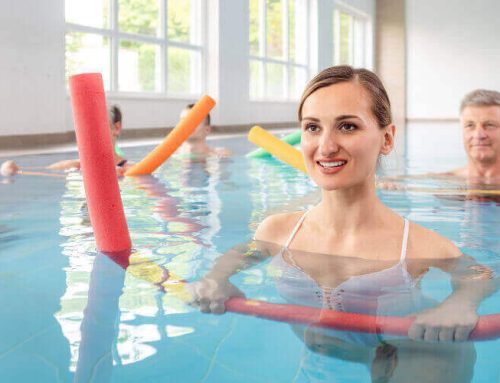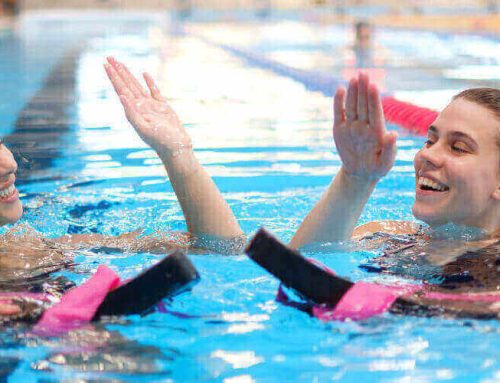 This article originally appeared in the June 2016 issue of Generations Magazine.
This article originally appeared in the June 2016 issue of Generations Magazine.
Degenerative lumbar spinal stenosis (DLSS) is a leading cause of pain, disability and loss of independence in older adults. This chronic, age-related degenerative narrowing of the spinal canal commonly leads to compression of the nerves in the lower back.
DLSS is often diagnosed incorrectly because even though it originates in the spine, symptoms may not include back pain. Patients can experience numbness or tingling, cramps and weakness in the lower limbs with or without pain. Symptoms worsen while upright, inhibiting the ability to walk and stand; sitting and bending forward alleviate symptoms.
Sometimes, DLSS symptoms can be effectively managed with nonoperative options:
- Pain relief medications
- Epidural injections
- Activity modification Sit in a recliner instead of a straight chair; use a recumbent bicycle rather than walk; lean forward on a grocery cart while shopping.
- Physical therapy Aquatic or land-based exercises to stabilize the spine, lumbar traction and manual therapy.
Although DLSS is a natural result of aging and we don’t know how to prevent it, its impact on your life can be reduced and its progression slowed by maintaining proper posture and a healthy weight, using supportive chairs and mattresses and, exercising regularly.





